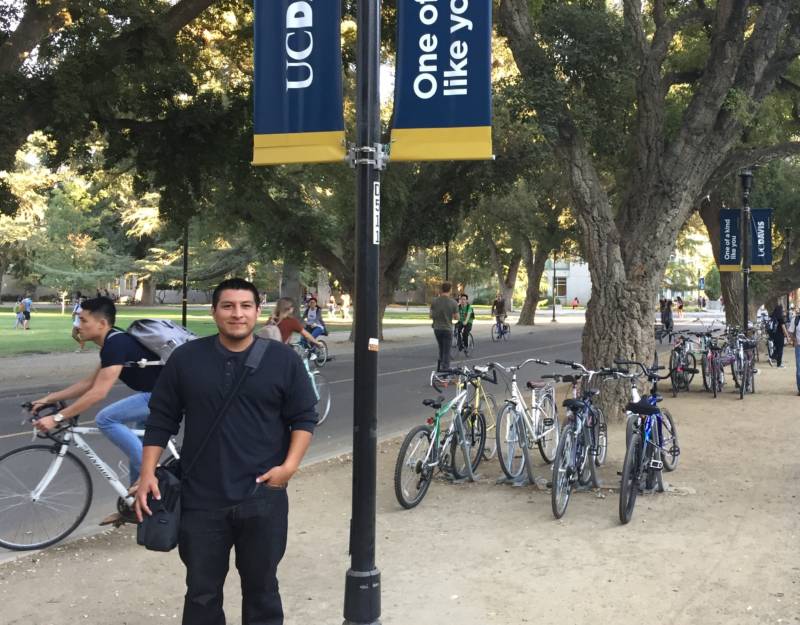Among the 17 measures on this year's ballot is Proposition 57, consisting of two main sections:
One section allows eligible nonviolent inmates to be considered for early release if they participate in educational programs and exercise good behavior while in prison.
The other half of the proposition is aimed at reforming the practice of direct file -- when a minor between the ages of 14 and 17 is transferred to adult court without a hearing in front of a judge, meaning the prosecutor is the one making the decision.
Youth advocates argue that direct file hinders due process. The decision to send a young person's case to adult court is made privately by the county district attorney's office. Those supporting reform say it would be more just to have a hearing in front of a judge where both the prosecution and defense can present their sides, and the judge would make the decision.
This type of hearing is used in some circumstances, and if Proposition 57 passes, it would be required for all juvenile cases transferred to adult court.
Supporters of Proposition 57 also say the impacts of sending a young person to adult court, rather than remaining in juvenile court, are huge: The youth will likely get a longer sentence, be more likely to commit another crime when released, and more likely to experience violence while incarcerated.
District attorneys say direct file is reserved for only the most serious cases, which they believe would end up in adult court regardless. It can be a helpful tool that can save time and resources in an already bogged-down legal system. And in counties with limited rehabilitative options, district attorneys may feel direct file is the best way to keep the larger community safe.
Mendoza was a 14-year-old when his case was sent to adult court. There, the prosecutor proposed a sentence of 50 years to life in prison. But Mendoza’s lawyer fought it.
In the meantime, Mendoza was in Santa Cruz’s juvenile hall. There, slowly, he changed.
"Slowly, I was investing in my education," he says. "I started not only to show up but do the work. One of the lead teachers got me to take college courses. Where I come from we don't think about graduating high school, let alone going to college."
He graduated from high school while in juvenile hall, and took more college courses. He built positive relationships with mentors and staff.
Four and a half years in, while Mendoza's trial was still going on, the teenager got a surprise: His case was bumped back to juvenile court, where he was convicted of first-degree murder as a juvenile. This meant his sentence would be a lot shorter than the 50 years he could have gotten in adult court.
Additionally, in part because he had changed so much while in juvenile hall, he was released a few months later, spending less than five years incarcerated.
"I saw the trees, I saw grass," he recalls. "Inside the institution there was no grass at all. My feet forgot what it was like to step on grass."
Today Mendoza is 21 years old and a junior at University of California, Davis. He wants to work on policy reform in the juvenile justice system.
"I think what helped my situation is I was given rehabilitative services," he says. "I was given school, programs, mentors. And that changed the whole picture."
Additional support for this reporting comes from the Human Rights Center at the UC Berkeley School of Law and the Investigative Reporting Program.
